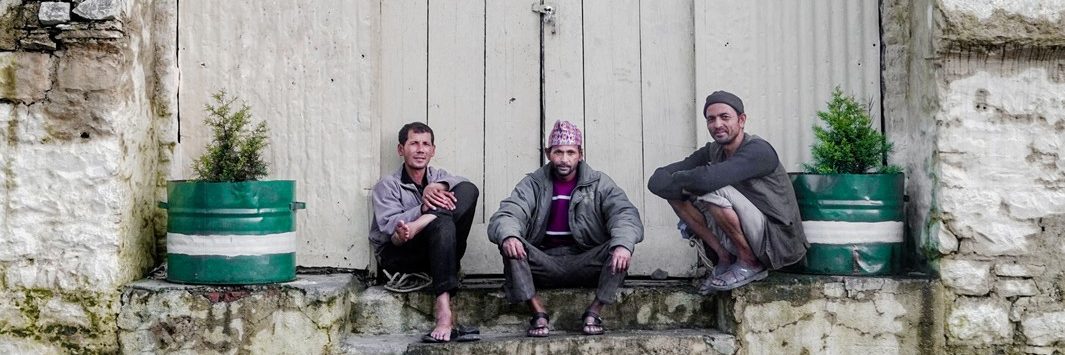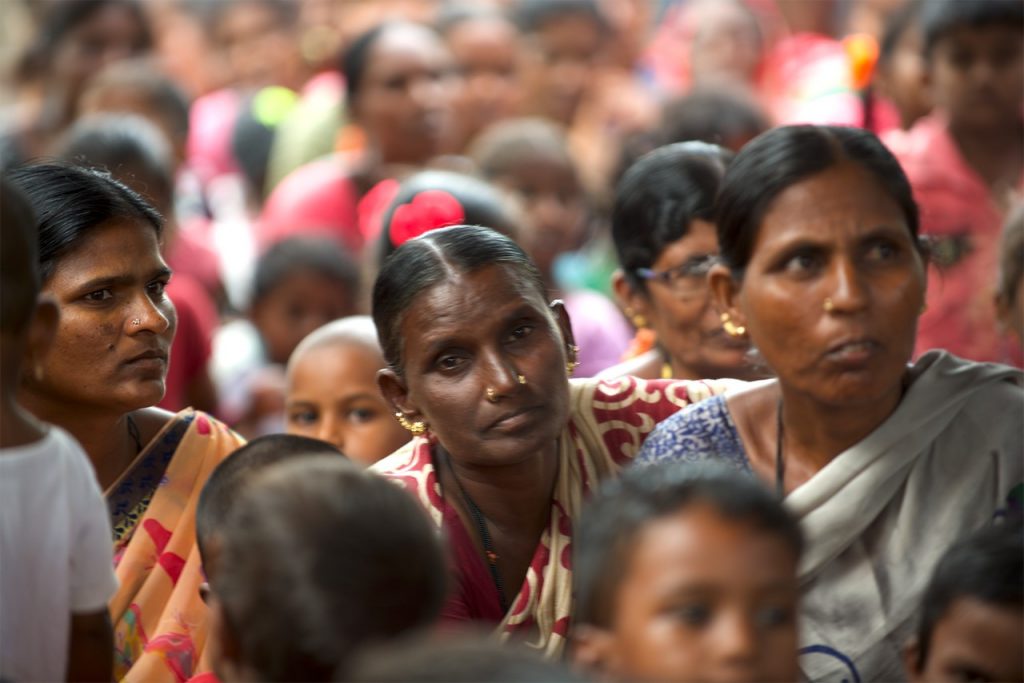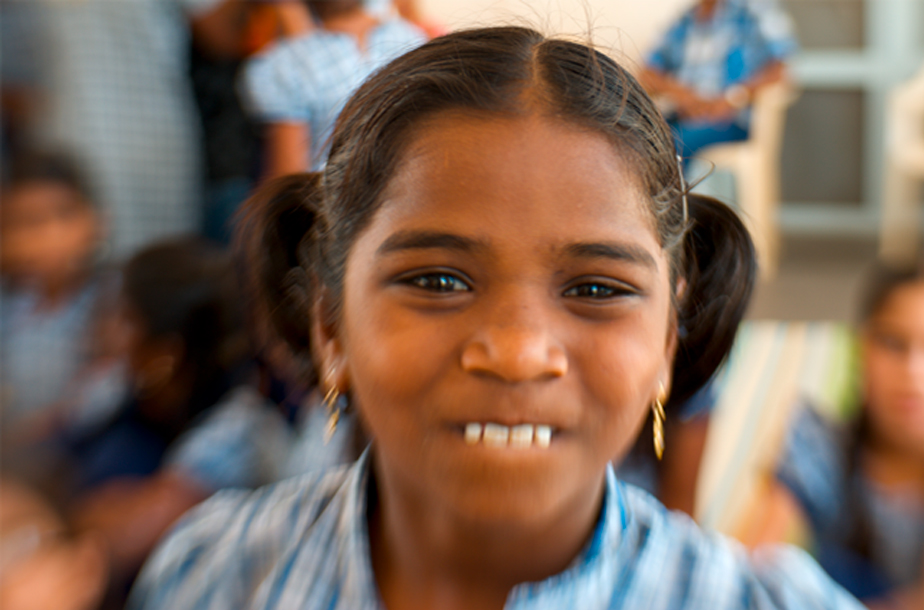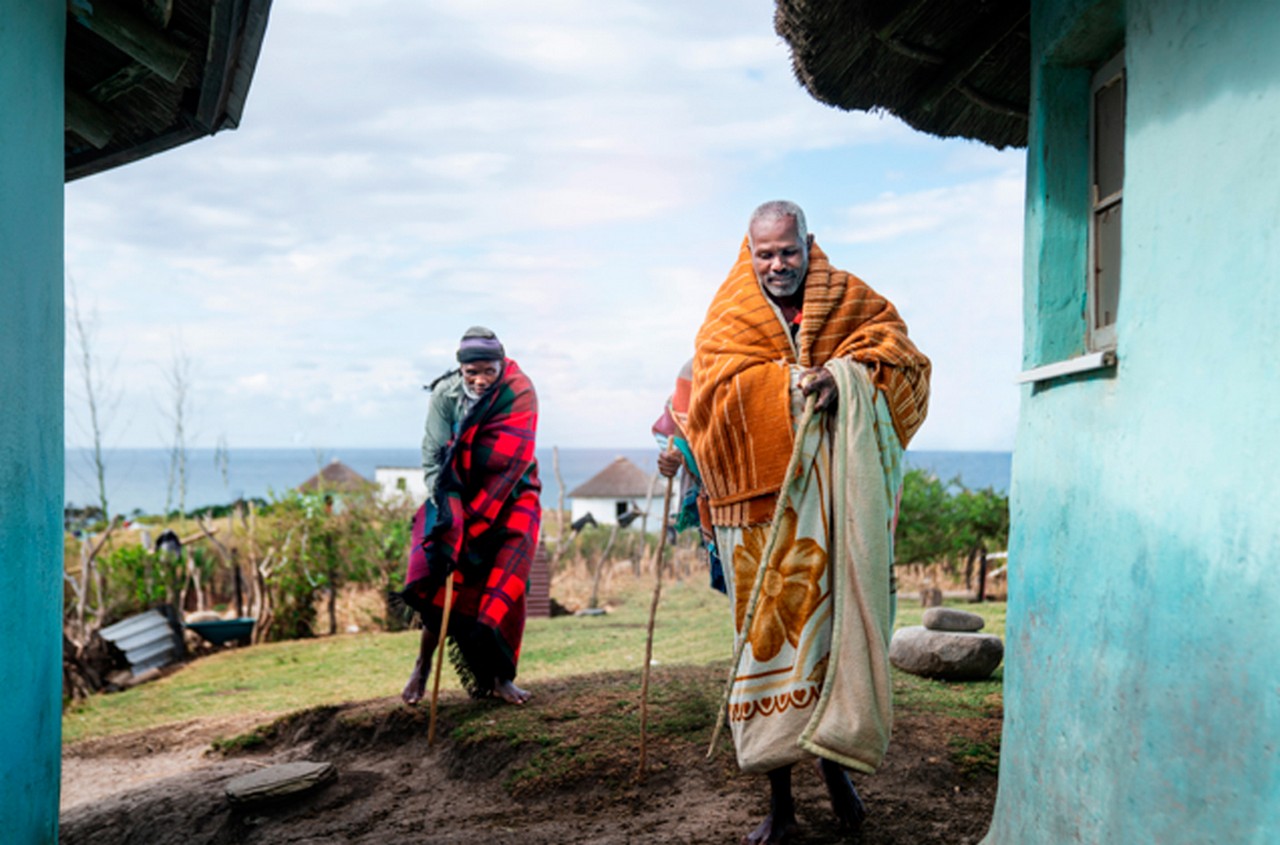Gadarpur Block, District US Nagar- Uttarakhand, India
In collaboration with

February 2023 – December 2023
Objectives
- To improve hygiene and sanitation practices and culture in communities.
- To provide two schools with sanitation facilities and safe drinking water systems.
- To build 50 new individual latrines in homes.
Beneficiaries
550 direct
250 in homes, 300 students under 15, and 123 women in schools.

On the ground
These are abandoned rural areas plagued by poverty. Superstition, illiteracy, and lack of awareness drive people to practice open defecation, leading to significant health and environmental issues.
In India, according to data from the WHO and UNICEF Joint Monitoring Program (JMP), in 2022, about 157 million people (11.1% of the population) practised open defecation, and more than 37 million ( 2.52%) were supplied by surface water or unimproved sources.
On the other hand, diarrhoea is the third cause of child mortality in India and is responsible for 13% of all deaths per year in children under five.
The World Health Organization (WHO) and the United Nations International Children’s Emergency Fund (UNICEF) estimate that diarrheal morbidity can be reduced by an average of 6 to 20% with improvements in water supply and by 32% with improvements in sanitation.
Research shows that adequate sanitation facilities in communities can reduce disease by 48% and significantly improve community health. Teaching children about hygiene and sanitation is the key to changing India’s open defecation landscape, as children are effective agents of change in their community.
The area selected for this project belongs to Uttarakhand’s rural, underprivileged and poverty-stricken sections. Open defecation causes severe health and environmental problems. Adolescent girls, women, older people and children are the most affected since they have to travel to isolated places to relieve themselves without any security. The problem is much more serious during monsoons.
The Buxa are one of the five tribal communities in Uttarakhand that are still marginalized. They are very vulnerable; most are below the poverty line and struggle to obtain essential services such as decent housing, sanitation and clean water, electricity and education. Their literacy rate is minimal; most are workers and small farmers who can barely make ends meet. Although most primary and secondary schools in Uttarakhand have toilets, most need to be functional due to a lack of awareness and proper facilities, such as water supply and maintenance.

In detail
The project is based on the construction of two sanitation complexes. One at Government Primary School Kulha (Naveen Kulha) and another at Jaganpurii.
At the same time, both schools will improve access to safe drinking water by also providing fresh water dispensers to increase its availability.
50 new individual latrines will also be built in homes in the Buxa community.
Prospects for sustainability
Improvements in hygiene, safe water and sanitation will benefit students’ health, especially girls, who now have more privacy and dignity. Students will be the main guarantors of the sustainability of the facilities. These improvements could also increase the number of new students. The local NGO, associated with Habitat for Humanity, will carry out workshops and awareness-raising activities in schools and villages to further support the culture of water, sanitation and hygiene that is the basis of the project’s sustainability.



